Ghana is a nation on West Africa’s Gulf of Guinea and is known for its diverse wildlife, old forts and secluded beaches, such as the Busua. The coastal towns of Elmina and Cape Coast have native shrines, called posubans, colonial buildings and castles that have been turned into museum. Take a look below for 30 more fun and fascinating facts about Ghana.
1. Ghana was the first country in sub-Saharan Africa to gain independence post colonialism. It gained its independence on March 6, 1957.
2. It was ranked as Africa’s most peaceful country by the Global Peace Index.
3. Lake Volta, in the Volta region of the country, is the world’s biggest man made lake. It’s 250 miles long and covers 3,283 square miles, or 3.6% of Ghana’s area.
4. The currency unit in Ghana is called the cedi. The word “cedi” comes from a local word meaning a cowry shell. Cowry shells were once used as money in Ghana.
5. The major languages in Ghana are English, Akan and Ewe.
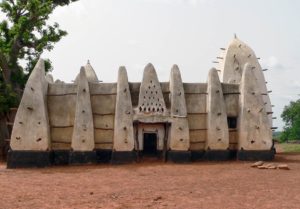
6. There are 6 national parks and many smaller nature reserves that were set up to help protect Ghana’s wildlife.
7. There are over 650 butterfly species in the Kakum National Park, including the giant swallowtails, which are nearly 8 inches, or 20 centimeters, wide.
8. Traditionally, Ghana was divided into three different castes namely, royals, commoners and slaves. Even today, the traditional class stratifications are still recognized although slavery is not prominent.
9. Polygamy is legal and people don’t have a problem with polygamous families as long as the head of the family can provide for everyone. However, marrying more than one wife is often reserved for the wealthiest people in Ghana.
10. Traditional practices on widow inheritance are still prominently practice in that a widow is expected to be married to the living brother of the late husband.
11. The country was named after the medieval empire of West Africa which initially was Wagadugu.
12. Before 1957, Ghana was commonly known as the Gold Coast, due to the massive amounts of gold along the Ankobra and Volta rivers.
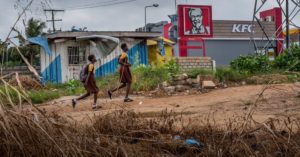
13. After kindergarten, children in Ghana attend school for a period of six years. Those who can afford it, send their children for secondary education.
14. The country produced 90 metric tons of gold in 2016, which makes it the 11th biggest producer of gold in the world.
15. Ghana is the second biggest producer of cocoa beans in the world.
16. Kejetia is the biggest market in West Africa and it’s located in Kumasi, Ghana. You can find various things there, from clothing to live animals.
17. Over 40 languages are spoken throughout the country. Many Ghanaians speak multiple languages.
18. Elmina Castle is the oldest European building in sub-Saharan Africa.
19. Northern and southern Ghana each have different seasons. In the north, the rainy season runs from April to October. In the south, the rainy season lasts from April to June and then again in September to October.
20. Freedom of worship is protected by the constitution of Ghana, and religious tolerance is even taught in the country’s schools. The major religions of the country are Christianity, Islam and indigenous beliefs.
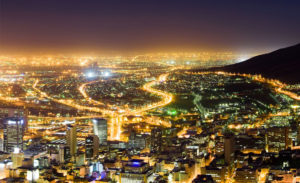
21. Traditional Ghanaian cuisine includes Waakye, which is a dish made with beans, rice, fish, eggs, spaghetti, and fried chicken. Jollof rice is another traditional Ghanaian dish and it’s rice mixed with tomato sauce and other ingredients.
22. The Cape Coast Castle is now a public landmark that was built by the Dutch for slave trade in 1637.
23. Literacy rates are high in Ghana with 76.6% of people having the ability to read and write.
24. Overall, poverty rates are declining in Ghana when compared to other African countries.
25. The Ghanaian government is committed to removing all taxes on fuel among other subsidies in a bid to cushion marketing and other business minded people.
26. Ghanaians celebrate a dancing festival held annually and most of their celebrities are known globally as not allowing their wealth or status to affect their daily living.
27. The capital city “Accra” translates to “ants.” It was named as such because of the anthills that once surrounded the city.
28. Lake Bosumtwi is considered a sacred place by most Ghanaians. The lake doesn’t have any outlets or inlets, it’s only fed by rain.
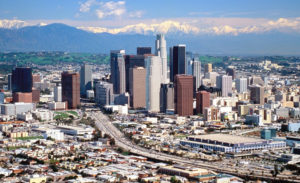
29. Kwame Nkrumah-Acheampong was the first man to represent Ghana in Olympic skiing. He learned how to sky by going on artificial slopes in the United Kingdom.
30. A deer hunting festival is held annually in the southern part of the country. The first person to bring back a deer is considered a winner, and then the entire community sits down to feast.

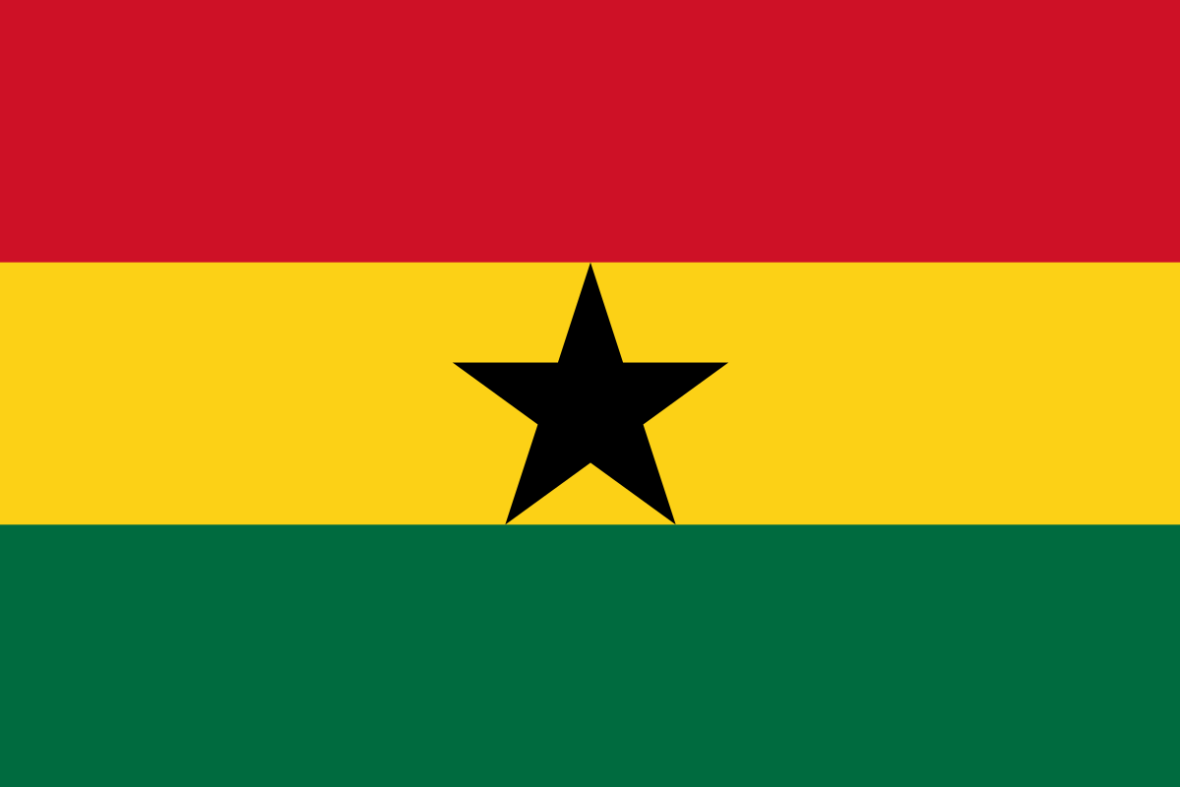
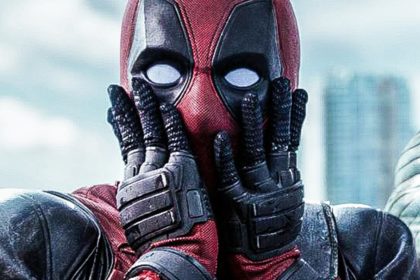
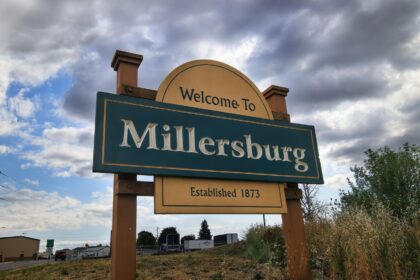
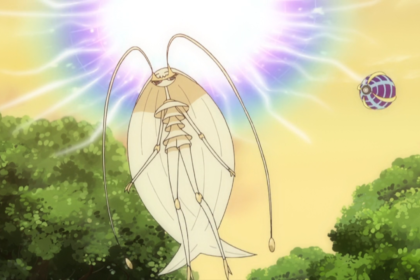
4 Comments
Pingback:
February 2, 2018 at 3:40 pmPingback:
March 10, 2018 at 3:25 pmPingback:
March 13, 2018 at 12:57 pmPingback:
March 16, 2018 at 11:34 am